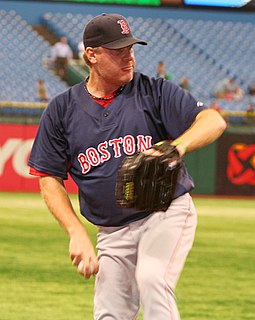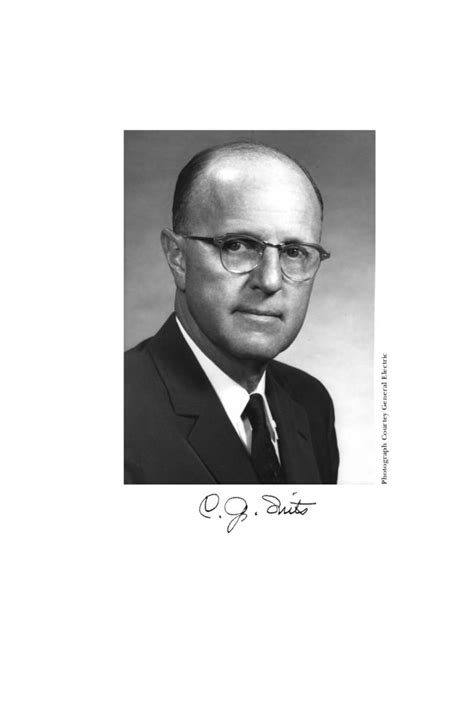A Quote by Warren Buffett
In an inflationary world, a toll bridge (like company) would be a great thing to own because you've laid out the capital costs. You built it in old dollars and you don't have to keep replacing it.
Related Quotes
Obviously, consideration of costs is key, including opportunity costs. Of course capital isn't free. It's easy to figure out your cost of borrowing, but theorists went bonkers on the cost of equity capital. They say that if you're generating a 100% return on capital, then you shouldn't invest in something that generates an 80% return on capital. It's crazy.
Willis Rodney Whitney ... once compared scientific research to a bridge being constructed by a builder who was fascinated by the construction problems involved. Basic research, he suggested, is such a bridge built wherever it strikes the builder's fancy-wherever the construction problems seem to him to be most challenging. Applied research, on the other hand, is a bridge built where people are waiting to get across the river. The challenge to the builder's ingenuity and skill, Whitney pointed out, can be as great in one case as the other.
Over the great bridge, with the sunlight through the girders making a constant flicker upon the moving cars, with the city rising up across the river in white heaps and sugar lumps all built with a wish out of non-olfactory money. The city seen from the Queensboro Bridge is always the city seen for the first time, in its first wild promise of all the mystery and the beauty in the world.
If one fourth of the capital of a country were suddenly destroyed, or entirely transferred to a different part of the world, without any other cause occurring of a diminished demand for commodities, this scantiness of capital would certainly occasion great inconvenience to consumers, and great distress among the working classes; but it would be attended with great advantages to the remaining capitalists.
In an ironic twist, I now see Good to Great not as a sequel to Built to Last, but more of a prequel. Good to Great is about how to turn a good organization into one that produces sustained great results. Built to Last is about how you take a company with great results and turn it into an enduring great company of iconic stature.
































